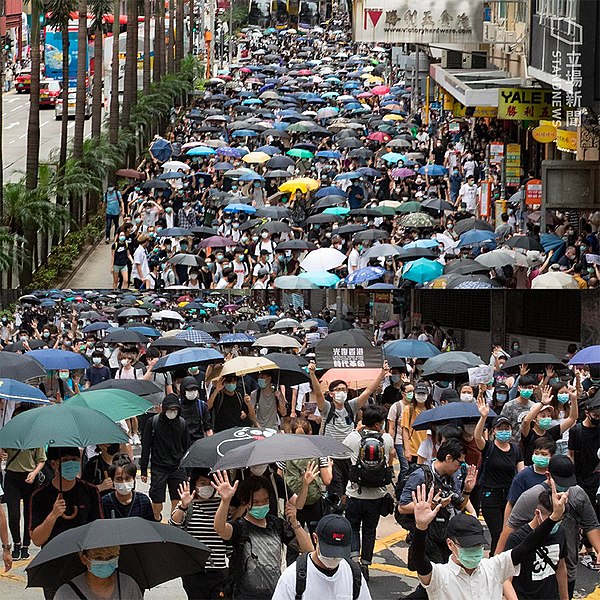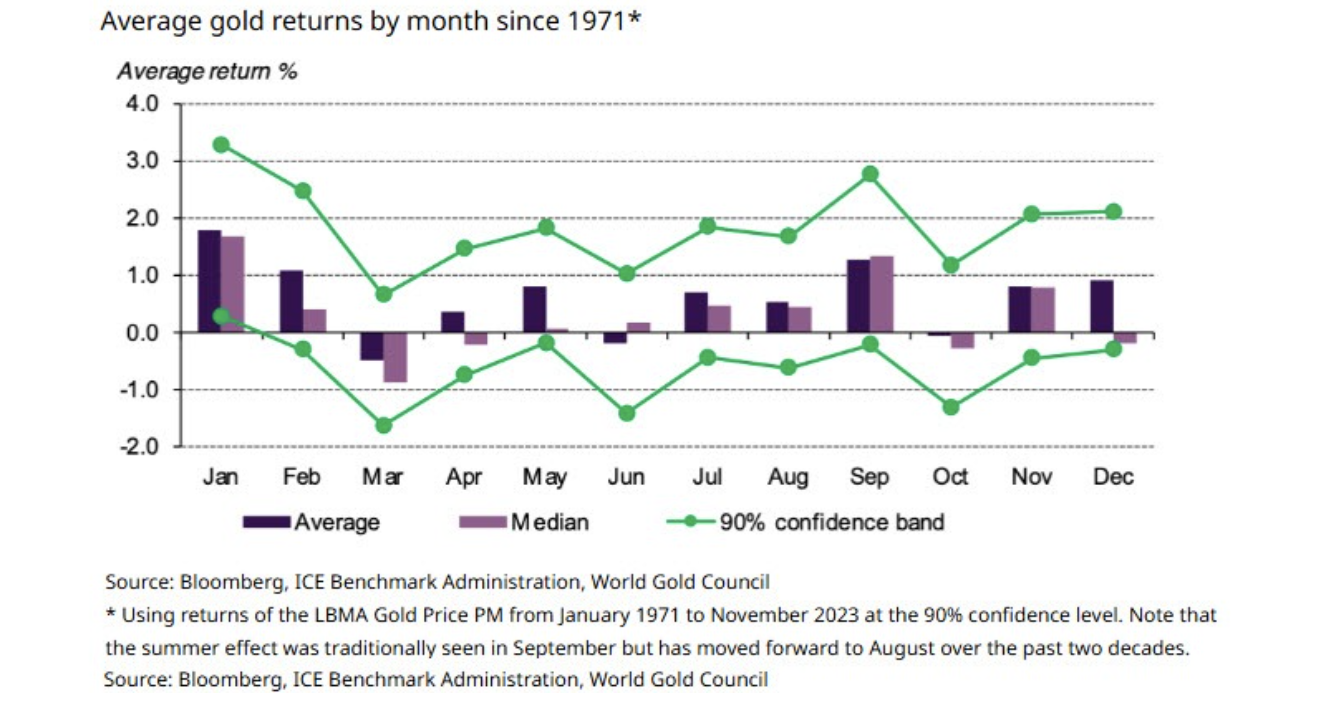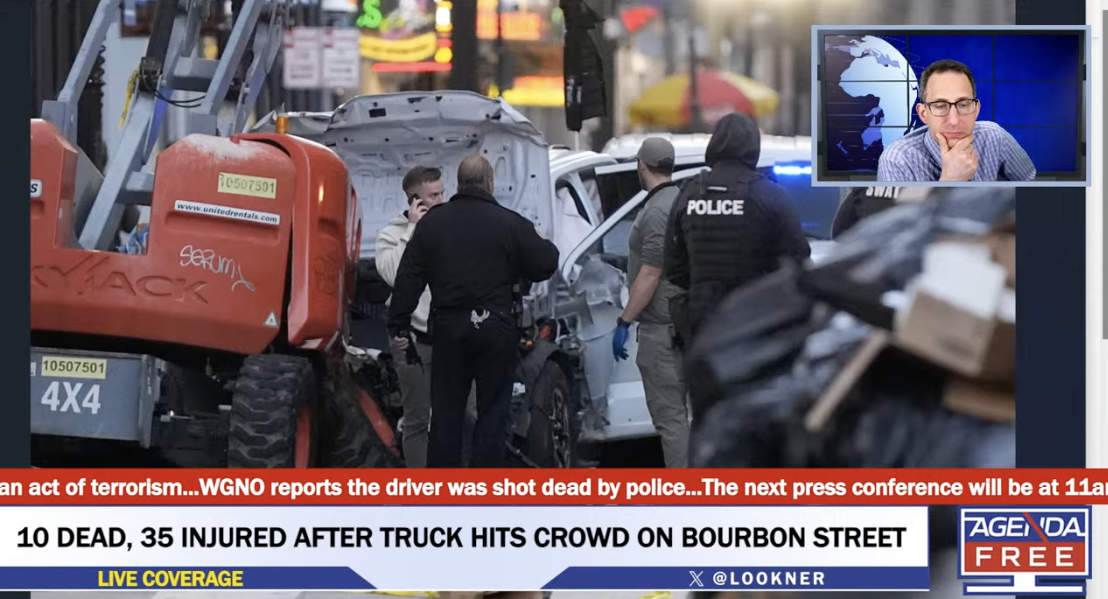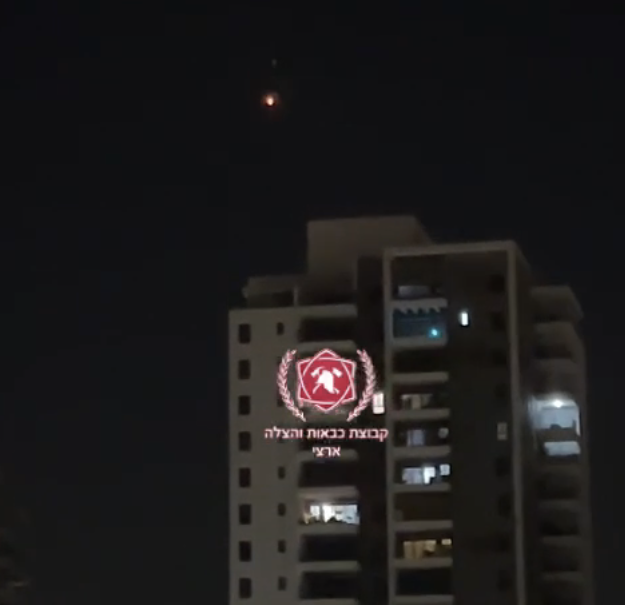
Image by 立場新聞
Thousands of Hong Kongers occupied the streets on May 24 in protest of Beijing's National People's Congress (NPC)'s aim to pass a new rubber-stamped "National Security Law", specifically affecting the Hong Kong Special Administrative Region.
On May 22, Hong Kong pan democratic lawmakers and activists marched on the Chinese Liaison Office to protest the implementation of the law which was announced the day before, according to Reuters.
Hong Kong police have swiftly reacted to the protests with large numbers of riot police, tear gas and rubber bullets in an effort to quash rejection of the bill and anti Chinese Communist Party (CCP) sentiment.
Despite relative quiet since January 23, the start of the Covid-19 pandemic in Hong Kong according to SCMP, protests flared up reigniting tensions from last year's anti-extradition bill protests that lasted for six months.
"The law, which is expected to ban sedition, secession and subversion of the central government in Beijing, will be introduced through a rarely used constitutional method that could effectively bypass Hong Kong's legislature," CNN wrote in an article.
The law's controversy stems from the Hong Kong government's attempt to originally pass the lesgislation in 2003 named Article 23 under a similar national security veil. This attempt brought the return of the "Hong Kong 1 July Marches" which originated during the 1997 handoff of Hong Kong between the UK and China.
The move by Beijing was met with subsequent denunciation from the US State Department, Hong Kong human rights groups and the international community abroad.

























[…] post Protests Reignite In Hong Kong As Beijing Pushes New “National Security Law” appeared first on CD […]
[…] post Protests Reignite In Hong Kong As Beijing Pushes New “National Security Law” appeared first on CD […]